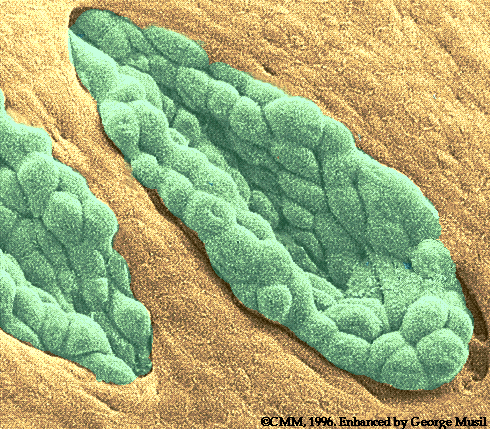Yesterday was the departmental Xmas potluck.
 I didn’t go.
I didn’t go.
Not cause of the newborn, I just, on those rare occasions I get invited, avoid potlucks. There’s the ‘Hey, Food Safety Man, would you eat this,’ to which I politely smile and say sure, the biggest risk is not eating at all, cause I’m trying to be publicly polite, and meanwhile I’m not touching the sprout salad, the unpasteurized juices, the raw oysters (a big hit in Kansas) and the beef that’s been sitting at room temperature for 14 hours.
Besides, once I start pontificating, I can’t shut up. Maybe I just like to hear myself talk.
Some middle school students in Birmingham, Alabama, found out the hard way – meaning they barfed a lot – the risks of potlucks.
The Birmingham News reports that nearly half of the students in a Smith Middle School language arts class became ill Friday after tasting meals that students had prepared as part of an assignment.
Birmingham schools spokeswoman Michaelle Chapman said the students were to write about their favorite dish and how it was prepared. The teacher allowed them to make and bring the dish to class if they wished.
Of the 18 students, 16 of them brought in dishes and eight students got sick after tasting them.
.jpg) After seeing this story, one colleague wrote his daughter’s principal, asking if there was a policy about bringing food into schools to share with others. I did the same years ago after my daughter was almost exposed to unpasteurized cider as part of a class trip to the farm.
After seeing this story, one colleague wrote his daughter’s principal, asking if there was a policy about bringing food into schools to share with others. I did the same years ago after my daughter was almost exposed to unpasteurized cider as part of a class trip to the farm.


 The Australians are really getting into
The Australians are really getting into 
 Students at one Putnam County high school in West Virginia walked out of school Monday morning and then came back to school after hours — to clean.
Students at one Putnam County high school in West Virginia walked out of school Monday morning and then came back to school after hours — to clean..jpg) The
The .jpg)